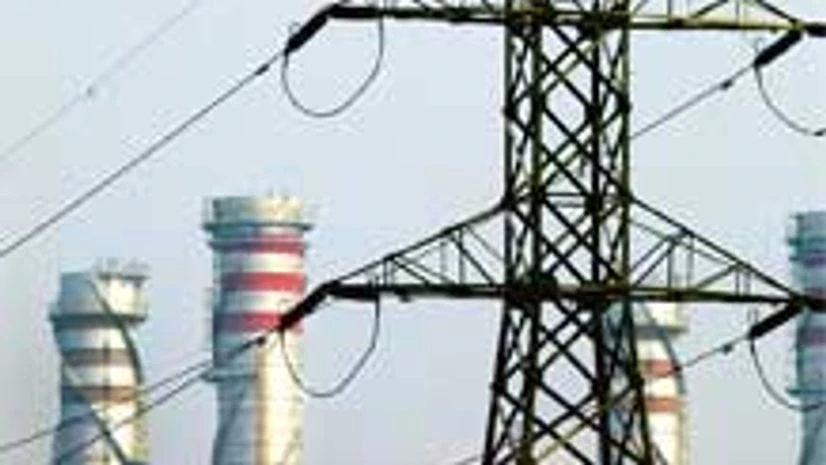In what could be fresh trouble for the Tata group’s 4,000-Mw ultra mega power plant (UMPP) in Mundra in Kutch, Asian Development Bank’s (ADB) board has ordered compliance review of the project in accordance with the Accountability Mechanism Policy (2012) of the bank.
After a compliance audit in October 2012, the ombudsman for International Finance Corporation (IFC), a part of the World Bank group, had held that there were serious lapses by IFC in supervision of Tata Power’s UMPP in Mundra, impacting environment and livelihood of the local fishing community there. It had further held that IFC’s review of project’s environment and social assessments were not commensurate with project risk as required by its sustainability policy.
Following these conclusions by the Ombudsman, the Coastal Gujarat Power Limited (CGPL), a fully-owned company of Tata Power which operates the UMPP, came out with an elaborated action plan in response to concerns raised over the impact on environment and livelihood of the local fishing community in Mundra. IFC has invested $450 million of its own capital in this project, which it has classified as a category A project, signifying that it believes there are potentially significant adverse social and environmental impacts that may be diverse or irreversible.
More From This Section
The CRP further concluded after primary investigation that “the noncompliance is serious enough to warrant a full compliance review”.
The ADB board on January 21 had approved the CRP’s recommendation. The CRP found evidence of non-compliance with regard to insufficient public consultation, definition of project-affected area, environmental standards and emission levels and cumulative impacts due to various factors.
These factors have been explained in detail in the CRP’s report.
The CRP had acted on a complaint filed by Bharat Patel, general-secretary of Machimar Adhikar Sangharsh Sahatan (MASS) and two MASS members —Gajendrasinh Bhimaji Jadeja and Harun Salemamad Kara. MASS, an association of local fishermen in Mundra, had alleged the project had harmed their livelihood, health, and environment. They attributed the harm to ADB’s failure to adhere to its operational policies and procedures on environmental and social safeguards.
The ADB has invested $450 million in the project. Other investors include International Finance Corporation (IFC), Korean EximBank, PNB Paribas, State Bank of India, HUDCO and India Infrastructure Finance Company Ltd. Of that amount, $200 million is syndicated to the Export-Import Bank of Korea (KEXIM) through a risk participation agreement.
The project was fully commissioned on March 21, 2013, after the last unit reached commercial operation. Currently, the project serves two per cent of India’s power needs.
When contacted, the company said in a statement: “Coastal Gujarat Private Limited (CGPL) would like to reiterate that the review authorised by the ADB is of its own internal processes. We are happy to cooperate with ADB on any information/support that may be required while conducting the review. CGPL, Tata Power’s 100 per cent subsidiary implementing 4,000-Mw UMPP based in Mundra would as always be open to any constructive and transparent process to establish its credentials.”
It added: “Mundra UMPP project strictly abides by stipulated norms for its operations including environment, community engagement and ecological impact and we are confident that we have no non-compliance issue on Mundra project. In line with its focus on sustainability, the company has adopted a multi-dimensional community development programme for its community through a consultative process and is committed to being a ‘neighbour of choice’.”
“The UMPP project boundary consists of less than one per cent of the Kutch coastline and therefore is insignificant in terms of exposure and we wish to reinforce that the core issues raised are not specific to Mundra UMPP and relate to certain generic issues concerning the coastline of Gujarat. The company is committed to its communities and environment in which it operates. Mundra plant is fully compliant on all environmental and social norms and the same has been endorsed by MoEF (ministry of environment and forests) and other statutory bodies. The project was initiated by the government of India and all required clearances were obtained initially by the government and later by the Mundra UMPP in complete compliance of laws of the land,” the company statement read.

)
